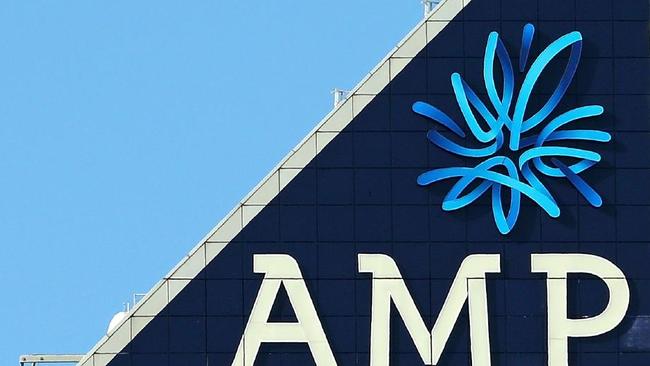Once-revered AMP faces a future of little trust

You would have to wonder after the disgusting revelations of the past week whether AMP has a future. Growing up in this country, I, like everybody else, believed there were two paramount, outstanding, upright companies in Australia that could always be trusted: BHP and AMP were revered institutions.
If you were lucky enough to be employed by them, your mates thought you had hit the jackpot. These were two companies who would never cheat the punters and would never go broke. Now AMP has admitted cheating its clients in more ways than most of us could have imagined. The next question to be answered: will it go broke?
When Paul Keating courageously put superannuation on the table for all workers and not just a privileged few, I doubt he ever thought greed would become the hallmark of the financial advice industry spawned by the introduction of superannuation. He certainly would not have predicted that AMP would be at the very epicentre of finding new ways to rob clients.
For reasons I still do not understand, AMP went out of its way to protect dodgy advisers who were costing people who could not afford it large sums of money. Clients were put into investments in entities associated with the adviser or the owner of the advice business with no apparent concern for conflict of interest.
If the board believes that moving on the CEO, who was only warming the chair for a few months anyway, or sending their chief counsel on leave after all of his interventions in the preparation of a false “independent” report drawn up by his mates in the law firm, of which he had been a partner, will fix this mess they are sadly mistaken.
The problem is that the board has been sadly mistaken on too many issues for far too long. The board sat there while a culture developed that meant customers were treated as dupes and regulators regarded as an inconvenience at best or a joke at worst. No one on that board should escape the wrath of its battered shareholders, its victims (i.e. those customers who stuck with the company in good faith) or a rebuked regulator trying to rebuild its own shattered image.
In the late 1980s, as an environment minister with a reputation of not being too cosy with the mining industry, I was invited to a meeting with the board of BHP. I vividly remember walking out of that meeting and remarking to my staff that I would not send one of them out to order the sandwiches because they would muck (I may have had difficulty with the first consonant of that word) up the order. All that I thought were Labor prejudices had been laid bare before my eyes. These directors were part of a club. AMP and BHP often shared directors with themselves and other big firms. Talent didn’t matter. It really was a case of who you knew, not what you knew.
Today’s AMP board reeks of that tendency. Just look at the big directorships of the AMP chairwoman, Catherine Brenner.
The board has failed to do its job. Clients have been robbed and shareholder value slashed. This is so bad that Australians may never trust AMP again.




To join the conversation, please log in. Don't have an account? Register
Join the conversation, you are commenting as Logout